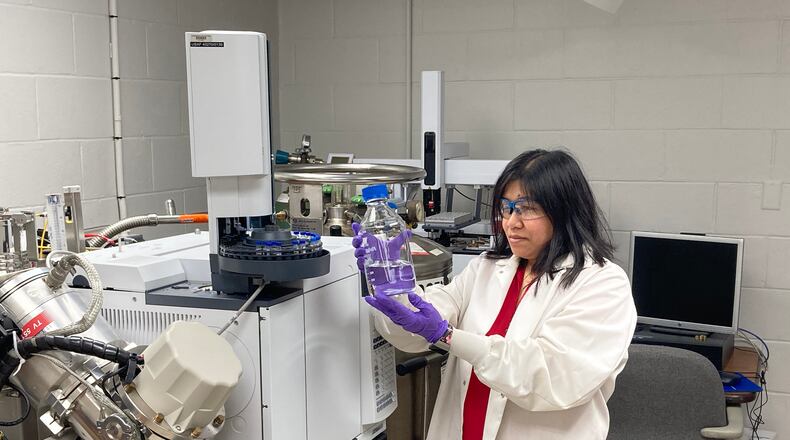The Biden-Harris Administration has introduced “draft guidance” that proposes allowing the federal government to seize patent rights from Ohio’s research universities and businesses that receive any level of federal funding. This guidance suggests that the government can arbitrarily reinterpret and mangle a decades-old statute to claim rights over inventions created right here in Ohio, just because somewhere along the chain of creation, federal money was used for a test, a trial, or a salary, in whole or in part.
We strongly disagree with this approach.
Intellectual property rights are fundamental to American progress and are enshrined in the United States Constitution. Despite this, the federal government has previously attempted to overreach and claim what does not belong to it.
In 1980, Congress passed the Bayh-Dole Act to protect innovators, creators, and inventors across the United States from government overreach. This act empowered academic institutions and other entities to retain control over inventions they developed, even if federal support found its way into their budgets.
This collaborative approach has been successful for decades, resulting in remarkable progress. Since 1996, there have been over half a million new inventions, ranging from agricultural innovations to search engine algorithms and life-saving medicines. According to the Bayh-Dole Coalition, nearly 70% of these innovations have been used and developed nationwide.
Now, to score cheap wins, the federal government risks disrupting this successful system of public- private partnerships.
The Biden-Harris framework would grant the federal government expansive “march-in” rights, allowing it to seize products created by Ohio businesses and universities. The draft guidelines apply to already commercialized inventions, undermining the trust that licensees have placed in the established system. Entrepreneurs and researchers who carry nearly all the costs and risks of creation would have their patents taken and the benefits swallowed by the government. This would be disastrous for Ohio.
The consequences would include reduced research, fewer cures and technological developments, decreased investment in our world-class universities, and fewer jobs. The new proposal contradicts the United States Constitution and violates the rights of every innovator in Ohio.
This overreach would cripple research and development at a time when Ohio is poised to reclaim its mantle as the economic engine of the Midwest.
Fortunately, it is not too late to oppose this move. We are announcing resolutions in both the state House and Senate to send a clear message to Washington, D.C. that the progress and innovation occurring in Ohio are vital, and we will fight to protect them.
This is not about politics or partisanship. Both Democrats and Republicans oppose this new move from Washington, D.C.
Our research universities matter. Our small businesses matter.
Our manufacturers and life sciences industry matter. Your Constitutional rights matter.
Lawmakers in Ohio are committed to protecting these rights. We are dedicated to safeguarding your intellectual property. Ohio has and should lead the world in innovation and no bureaucrat in Washington, D.C. should have the right to steal that away.
State Representative Adam Mathews, (R-Lebanon)
Credit: Provided
Credit: Provided
Ohio Sen. George Lang, (R-West Chester Twp.)


